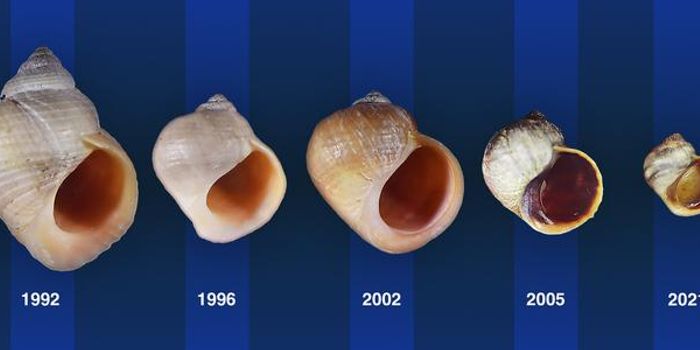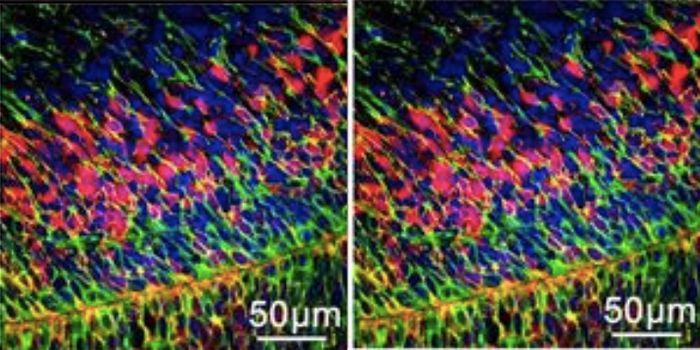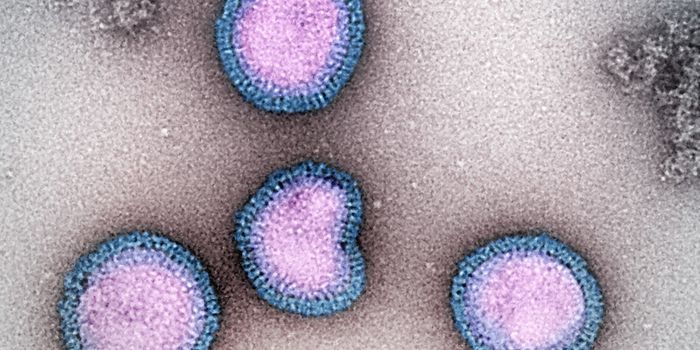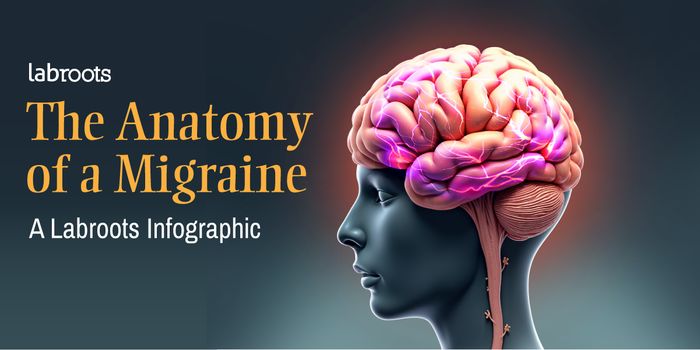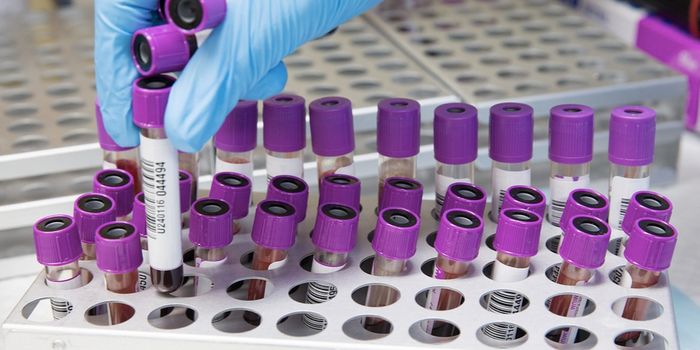Deciphering How Some Environmental Influences Affect Development
We know that there are certain substances that can harm a developing fetus, like alcohol or lead. Some health conditions that may be present in parents might also have an impact on fetal development; for example, older parents are more likely to have children with Down's syndrome. Researchers have now suggested that older age and alcohol consumption in the year preceding conception could be influencing a specific gene called nc886 in human eggs or oocytes.
In the past decade, scientists have started to learn more about genomic imprinting, in which the expression of certain genes in offspring is affected by influences from one parent; some genes can be expressed in a way that is specific to the parent of origin. This happens because of epigenetic marks. Epigenetic features have an effect on genes, but do not change the genetic sequence; they can take the form of structural changes like histone modifications or chemical tags like methyl groups, for example.
New findings, which have been reported in the Proceedings of the National Academy of Sciences could help us learn more about the interplay between environmental influences, gene regulation, and development. While the scientists concluded that the nc886 gene is affected by environmental changes, they did not examine their effect.
"While the outcome of the change isn't clear, our findings give us a valuable look into how environmental factors affect gene regulation through epigenetics and imprinting," said the senior study author Peter A. Jones, Ph.D., D.Sc. (hon), Van Andel Institute chief scientific officer. "A better understanding of these complex processes further our understanding of health and disease and -- one day -- may be the foundation for new disease prevention measures."
The nc886 gene expresses a non-coding RNA and is only one of about one hundred that is variably imprinted by methylation. This happens in the oocyte, before an embryo even begins to develop. There are maternal factors that influence the likelihood that nc886 will be imprinted. Failure to imprint is seen in about 75 percent of people, the study estimated, and there may be physiological consequences.
In this study, the researchers examined the effect of alcohol consumption in the year preceding conception on imprinting. They assessed 1,100 pairs of South African moms and children. The scientists found that in older mothers, nc886 imprinting was increased, while imprinting was reduced in mothers who consumed alcohol in the year before conception. They also found that cigarette smoking did not have an identifiable effect on nc886 imprinting.
Previous work by Jones and colleagues showed that a lack of nc886 imprinting was linked to an increase in body mass in children aged five. Other scientists have demonstrated that a failure of nc886 imprinting can increase the survival rate of individuals with a blood cancer called acute myeloid leukemia.
Sources: AAAS/Eurekalert! via Van Andel Research Institute, Proceedings of the National Academy of Sciences



